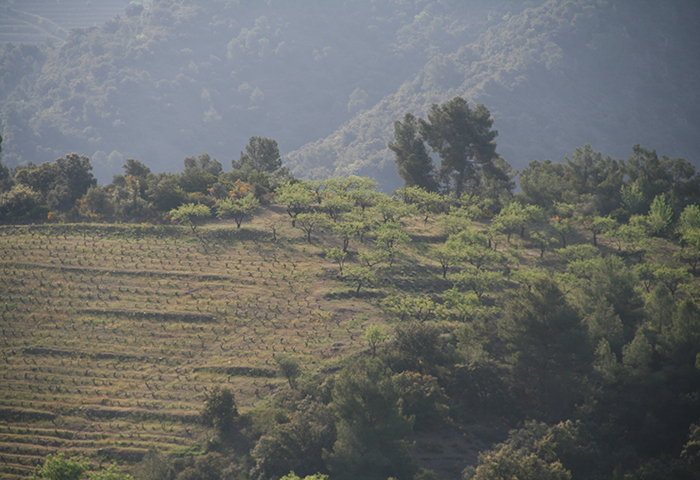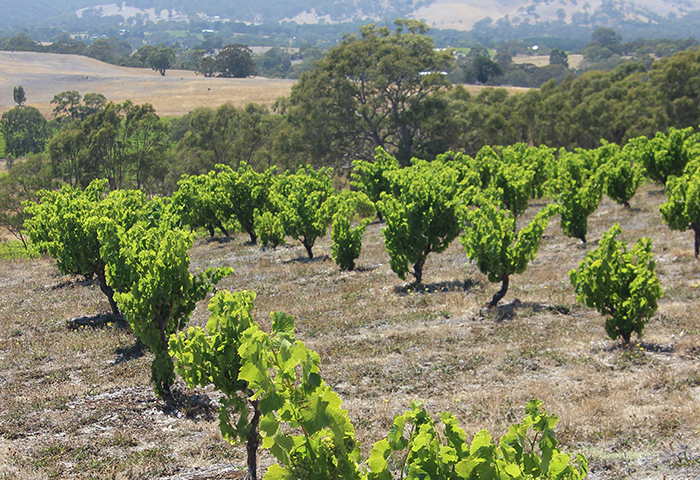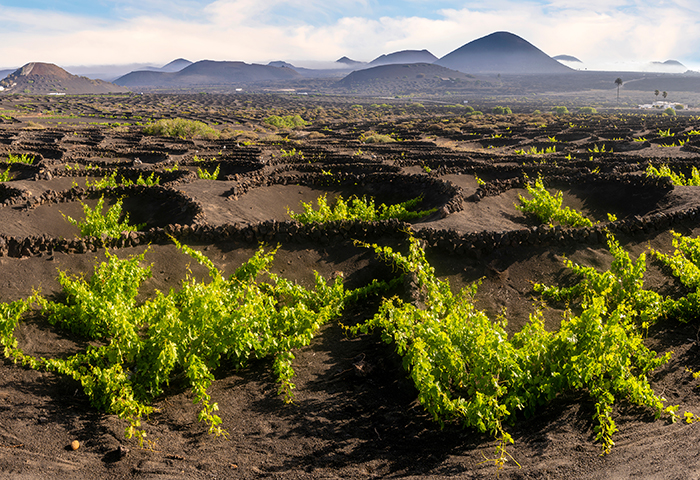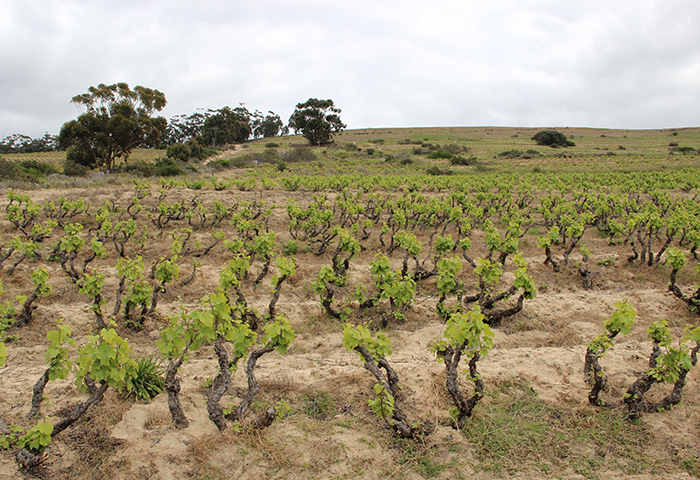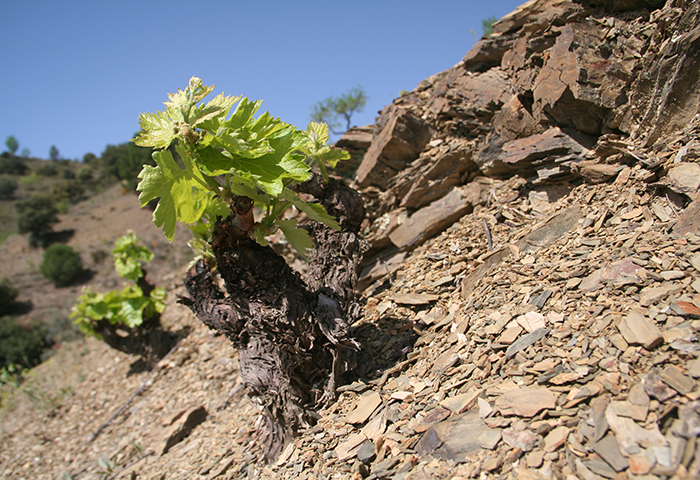The Penalty for Speeding
Reflection No. 45
Since the industrial revolution, people have been using their ingenuity to force nature to be more productive with less physical effort. It has been like a race to grow more without knowing where the finish line is. Now we are experiencing the downside of pushing the throttle of nature too far. Fires are blazing. Floods are overtaking our shores. Temperatures are swinging to extremes. Nature is adapting to what we have done to it.
Growers in Lanzarote, Canary Islands, have been digging small craters around the vines for centuries. The craters collect what little precipitation occurs and protect the vines from wind. In Mosel, Germany, farmers have adapted to nature by finding a variety, Riesling, perfectly suited to the rocky soil and extreme cold. Low-tech tradition has guided the relationship with the vines in the Old World and things have gone quite well.
New World innovations in irrigation have made it possible to produce grapes in higher volume and in places otherwise not consider an option. But the water table has dropped, and sourcing water is becoming a serious problem. A grower in Sonoma hand waters new vines rather than installing drip irrigation because he has observed that dry-farmed vines, planted before irrigation, are adapting to the erratic shifts in weather much better than younger, irrigated vines.
Nature has a life force of its own and it has been here a lot longer then we have. It knows its own pace, and when pushed too far, its means of adapting may be to simply wipe out the problem, which may well include us. If we think of agriculture as a kind of cultivation highway and obey nature’s sustainable speed limits, maybe we can avoid any kind of finish line at all.
Photos are: Priorat-ES, Adelaide Hills-AUS, Lanzarote-ES (Shutterstock), Paardeberg-RSA, Priorat-ES
